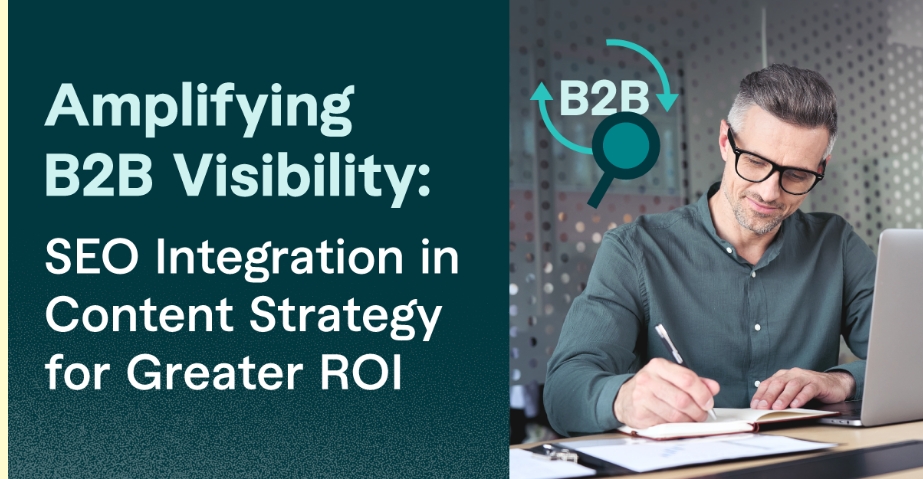Savvy marketers know that even though B2B marketing focuses on driving business purchases, at the end of the day, a business buyer is still a consumer. Search engine optimization (SEO) algorithms remain consistent whether you’re a shoe brand targeting parents doing back-to-school shopping or a marketing leader looking for a new content production partner to scale your content program.
While B2C SEO often emphasizes broad reach and emotional engagement, B2B SEO supports campaigns that target solution-seekers who must validate their choices with many stakeholders. In the B2B arena, SEO is not just a tool for visibility; it’s a channel for demonstrating authority, reliability, and value.
When you factor in that most B2B buyers spend the majority of their buying time researching independently online and that the top position on search engine results pages captures 27.6% of click-thru rates, it’s clear that a strategic focus on B2B SEO is vital for a healthy sales and marketing apparatus.

Let’s explore how a renewed focus on B2B-centric SEO and content strategies can further your ability to generate leads, drive sales conversions, and increase returns on your marketing investment.
B2B vs. B2C: Same SEO algorithm, different tactics
When it comes to search optimization, marketers across all industries and buyer categories contend with the same search engine algorithms. However, your chosen tactics should vary due to the essential differences between B2B and B2C purchase processes.
Understanding these variabilities will help you find ways to drive more site traffic and ROI from your SEO and content marketing efforts.
Purchase processes and priorities
B2C consumers typically have a straightforward purchasing process that’s driven by emotion and personal satisfaction. In contrast, B2B decision-making is often more complex, involving multiple stakeholders and lengthy evaluations. The process can take weeks or months, as terms get negotiated to achieve strategic alignment and cross-departmental buy-in.
Given the time it takes to vet and onboard new service providers, B2B buyers tend to rely heavily on developing vendor relationships. They seek partners who will provide ongoing support, maintenance, and collaboration.
In addition, B2B buyers are acutely focused on the return on investment (ROI), the total cost of ownership, and how well the product or service aligns with their company’s strategic goals. Essentially, the B2B buyer is looking to invest once but achieve long-term satisfaction…Read More

